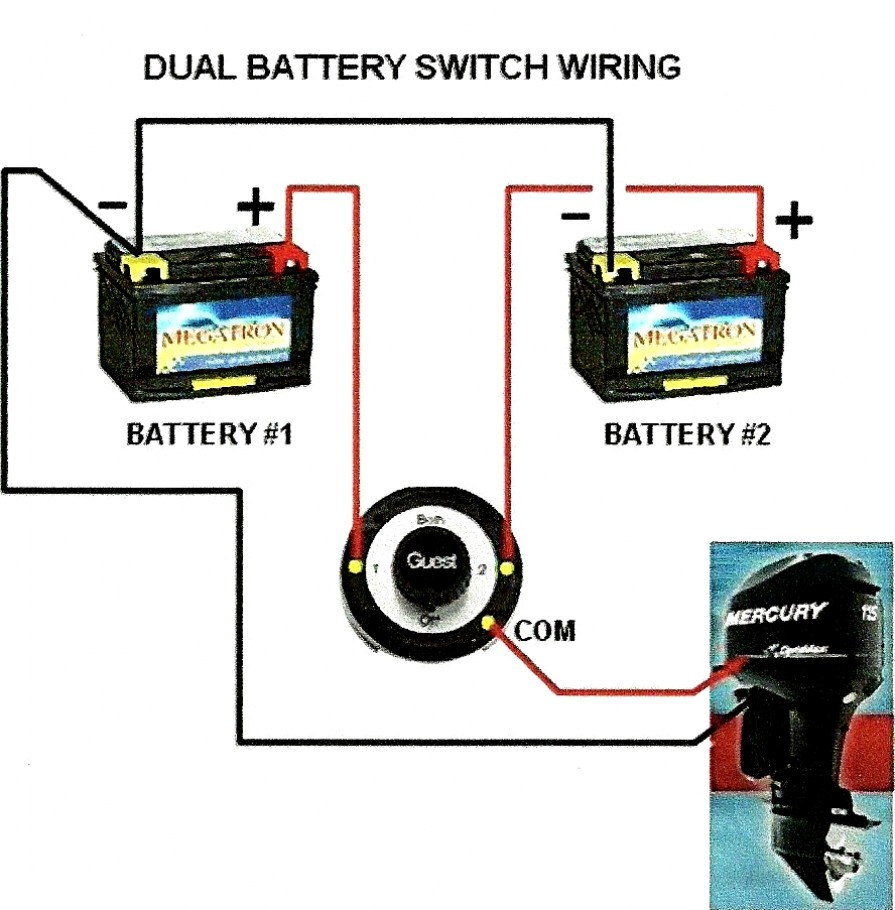Car Battery Cut Off Switches Power and Protection
Have you ever considered the silent drain on your car's battery, even when the engine is off? Or perhaps the unsettling thought of a potential electrical fire? A simple, often overlooked device can address both these concerns: the car battery cut-off switch, a small but mighty tool that offers a significant layer of protection and control over your vehicle's electrical system. This device, also known as a battery disconnect or battery isolator, provides a rapid and efficient way to completely disconnect the battery from the vehicle's electrical circuits.
The concept of interrupting the flow of electricity to a vehicle is not new. Early automobiles often relied on rudimentary switches, sometimes as simple as a removable cable, to prevent accidental starts or battery drain. Over time, these evolved into more sophisticated mechanisms, incorporating safety features and more robust designs. Today's car battery cut-off switches offer a range of options, from simple knife switches to high-tech remote-controlled devices. This evolution reflects the growing understanding of the importance of electrical system management in modern vehicles.
A battery disconnect switch is more than just a convenience; it's a vital safety feature. In the event of a collision, it can help prevent electrical fires by isolating the battery. For vehicles stored for extended periods, it prevents battery discharge, ensuring a ready start when you return. Beyond safety and storage, a battery disconnect can deter theft, acting as a simple yet effective anti-theft measure. Thieves often rely on a vehicle's electrical system for starting or disabling alarms; a disconnected battery presents a significant obstacle.
Imagine this: you're heading out on a long vacation, leaving your car parked at the airport for weeks. Without a battery disconnect, the parasitic draw from the car's electronics, even when seemingly off, can slowly drain your battery. Returning to a dead battery is a frustrating start to any homecoming. A simple flick of a switch before you leave eliminates this worry, preserving your battery's charge and ensuring a smooth start upon your return. This is just one example of the peace of mind a battery cut off switch provides.
Choosing the right battery cut-off switch requires understanding your needs and vehicle. Simple knife switches are cost-effective and easy to install, while high-current relays offer remote operation. Factors to consider include the amperage rating of the switch, the mounting location, and the type of terminals. Researching these factors ensures you select a switch that is compatible with your car's electrical system and meets your specific requirements.
One of the main issues related to installing a battery cut-off switch incorrectly is the potential for damage to the vehicle's electrical system. Improper wiring can lead to shorts, blown fuses, or even damage to sensitive electronic components. Therefore, careful adherence to wiring diagrams and best practices is crucial.
Benefits of a battery cut off switch include theft deterrence, prevention of parasitic drain, and enhanced safety in case of accidents.
Advantages and Disadvantages of a Car Battery Cut Off Switch
| Advantages | Disadvantages |
|---|---|
| Prevents Battery Drain | Can Reset Electronic Settings |
| Deters Theft | Requires Installation |
| Enhances Safety | Potential for Incorrect Installation |
Best practices for implementing a car battery cut off switch include selecting the correct amperage, ensuring proper wiring, choosing a suitable location, regular inspection, and professional installation if needed.
Frequently Asked Questions:
1. What is a battery disconnect switch? - It's a device that interrupts the flow of electricity from the battery to the vehicle's electrical system.
2. Why do I need one? - For theft deterrence, preventing battery drain, and enhancing safety.
3. How do I install it? - Professional installation is recommended, although DIY is possible with careful adherence to instructions.
4. What type of switch should I buy? - Consider the amperage, type, and mounting location based on your needs and vehicle.
5. Can I install it myself? - Yes, but careful adherence to instructions is crucial.
6. Will it affect my car's electronics? - It can reset some electronic settings, like radio presets.
7. How often should I use it? - Whenever the car will be stored for an extended period, or in case of an electrical issue.
8. Where can I buy one? - Auto parts stores, online retailers, and specialized car accessory shops.
Tips and tricks: Label the switch clearly, disconnect the negative terminal first when installing, and periodically check for corrosion.
In conclusion, the car battery cut-off switch, whether a simple knife switch or a more advanced relay, empowers you with control over your vehicle's electrical system. From preventing the frustrating experience of a dead battery to enhancing safety in emergencies, the benefits are undeniable. While the initial investment and installation might seem like a small detail, the long-term advantages, including the peace of mind it provides, make the car battery disconnect switch a valuable addition to any vehicle. Taking the proactive step of installing a battery disconnect switch demonstrates responsible car ownership, providing a layer of protection and control that far outweighs the modest cost and effort involved. Invest in this simple yet powerful device, and experience the benefits of enhanced security, prolonged battery life, and added peace of mind.
Unmasking the mystery how to find vehicle owner information by license plate
Exploring the world of bound by honor pdfs
Shrine of depths locations deepwoken












